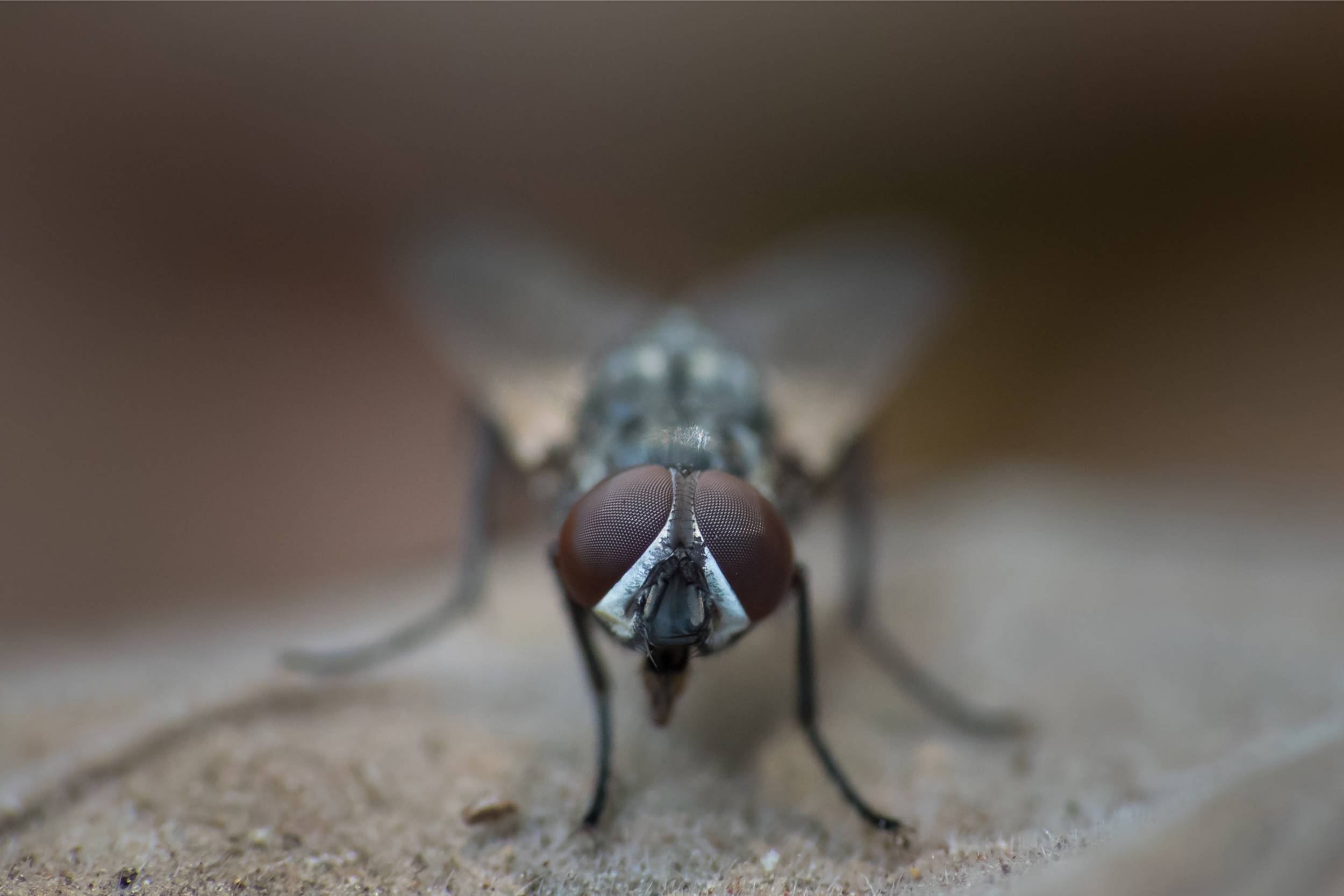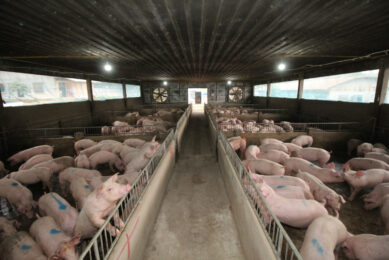ASF China: Pig herd shrinks 26%; stricter checks announced

As a result of the ASF crisis, in June 2019 China’s pig herd was 25.8% smaller than in June 2018. The sow herd even contracted by 26.7%. In the meantime, the Chinese authorities realise that a stricter approach is needed to overcome the ASF crisis.
The figures were shared by the Chinese Ministry of Agriculture and Rural Affairs (MARA). News agency Reutersreported about the figures – although no concrete total numbers were given.
Different kinds of data shared
The figures appear somewhat contradictory to figures given by the Chinese National Bureau of Statistics, the news agency noted. The bureau stated that in total, China produced 24.7 million tonnes of pork in the first 6 months of 2019, down 5.5% from a year earlier. According to the bureau, China’s hog herd would have declined 15% from a year ago to 347.61 million head, as pigs died from the virus and farmers held back from restocking. The number of slaughtered hogs in the 1st 6 months fell 6.2% to 313.46 million head, the statistics bureau said.

Read more about pig health in the Pig Progress health tool
Live hog prices began rising in June. According to MARA data, retail pork prices reached 26.45 yuan/kg (€ 3.42) by the end of June, up 33% year-on-year. The central authorities in Beijing even urged poultry producers to boost output to help supplement the fall in pork production.
Outbreaks in Sichuan, Hubei and Guangxi
In the meantime, the pattern continues of official reports about outbreaks coming through apparently sparsely and randomly. MARA reported an outbreak on a small farm in Sichuan province on Wednesday, 17 July. On top of that, an outbreak was reported to the World Organization for Animal Health (OIE) from Hubei province – the last official report from this area dating from 21 March.
In addition, 2 outbreaks were reported to have taken place in early July in the southern Guangxi province, on farms at 135 km from each other.
The Chinese compensation system
The relative haphazard way of reporting is likely related to the Chinese compensation system. Netherlands-based newspaper De Volkskrant managed to visit a pig farmer in Hebei province, around Beijing. The owner, who wished to stay anonymous, confirmed that the central authorities may promise to pay compensation, but that it’s the provincial authorities will have to partly pay for that – despite lacking the funds to do so. The result would be that many outbreaks are not reported.
Negotiating with local authorities did not have any result, the pig farmer said – he was even promised bribes in case he’d take care of his own sick pigs. He therefore was left with no other choice than to do what all other pig farmers do – send his pigs to the slaughterhouse, knowing that that solution will worsen the problems and make them more permanent.

It is well possible that ASF virus can be transferred by flies as well. Read the report
Indirect effects of ASF in China: Stricter checks
The situation, however, appears to be acknowledged by the central authorities as MARA announced this week to carry out checks on local veterinary authorities in 10 provinces, Reuters wrote. The evaluations will be completed by late October; a report on the findings is expected by the end of the year.
Vice agriculture minister Yu Kangzhen said recently the ministry was looking into reports of underreporting. He also said some places lacked the people and money to prevent and control the disease.
Cargill closing feed plants
The ASF situation also leads to international companies feeling the effects. In another report by Reuters, feed producer Cargill closed 3 animal feed mills in China in recent months, partly because the rapid spread of a fatal hog disease has reduced demand. The plants together had a capacity of 150,000 metric tonnes. According to company officials, the situation will not get back to normal quickly.
The company also recently stated that, partly due to the situation in China, there was a 41% slide in adjusted quarterly profits.

Not only in Asia, ASF is making headlines – it was found in meat in Northern Ireland as well
Growing notion of better biosecurity
The notion is growing, however, that better biosecurity is part of the solution. Again Reuters noted that there is an increased demand for disinfectants. Having spoken to for instance Lanxess and CID Lines, the picture emerged that sales have gone up sharply. In addition, stricter measures are also in place in feed mills.
ASF in South East Asia
In the meantime, the virus is being reported from various places in South East Asia as well. The latest reports from Cambodia show that ASF virus has been confirmed at a farm at 21 km from the capital Phnom Penh. Last week, the virus was also confirmed very close to Laos’ capital Vientiane.











